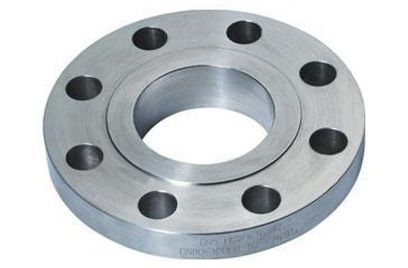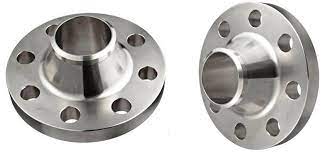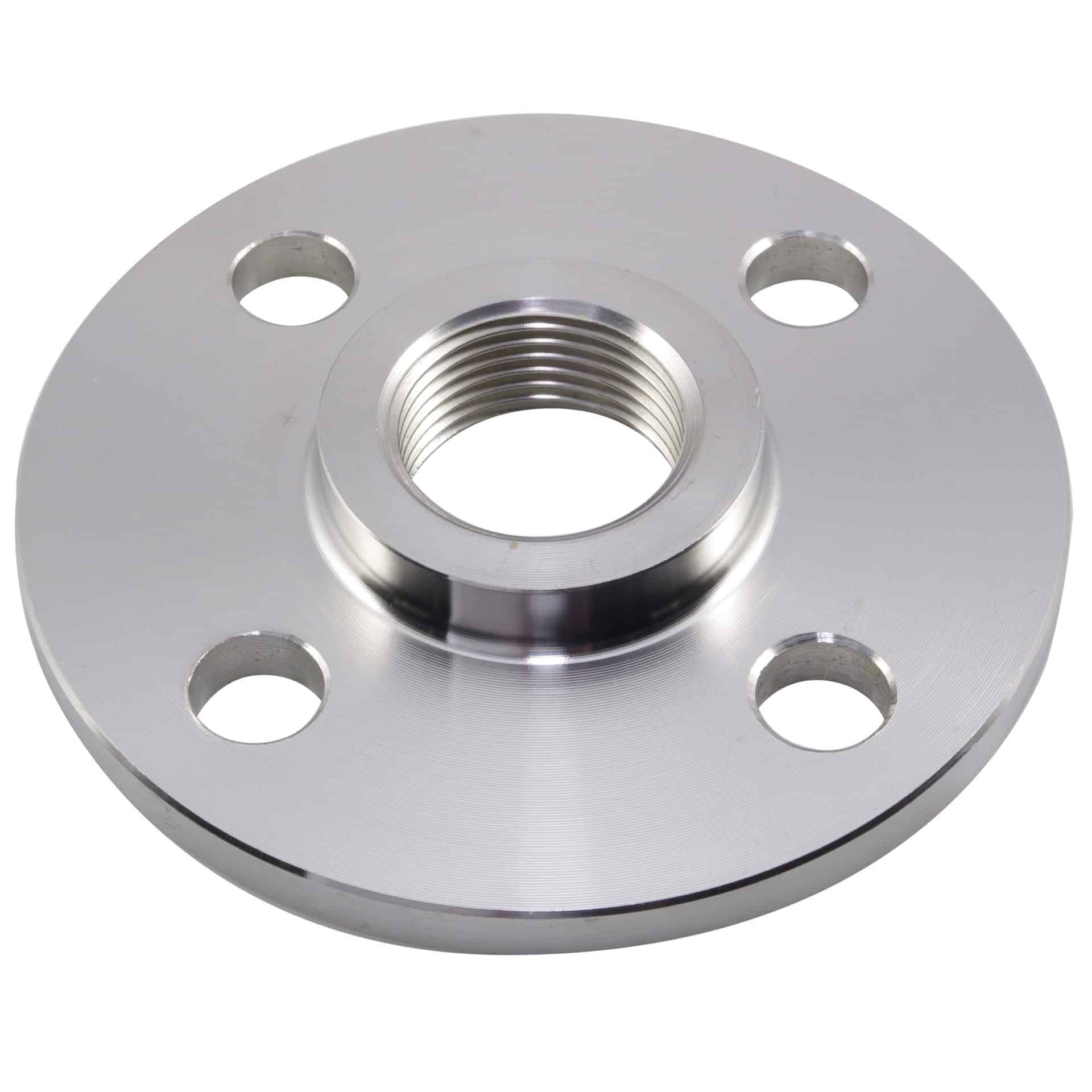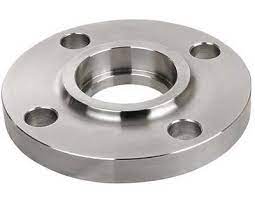Flanges are essential for forming a pipe work structure by connecting valves, tubes, pumps, and other machines. Flanges are usually welded or fastened together and then joined by screwing them together with washers.
SPP Metals and Alloys offers many types of flanges, such as Slip On, Weld-neck, Blind flanges, Socket weld flanges, and Threaded flanges. Flanges are a crucial part of plumbing systems and come in a variety of shapes and sizes.
In this article, We will discuss various types of flanges and their Uses/Applications in industries!
Types of Flanges
- Slip-on flanges
A Slip-On Flange is a band that fits over the end of a tube, with a flange’s surface extending from the end of the pipeline to the point where a weld bead can be applied to the inside of the pipe. These flanges are termed “Slip-On” because they can be quickly placed on a conduit by simply sliding them onto the tube. The Slip-On-Flanges internal size is slightly larger than the pipe’s external dimension, enabling it to be welded quickly onto the pipe at both its top and bottom. It is used for slipping into the inner hole of the flange. If working with low pressure, Slip On Flanges can be a suitable choice.
Application of Slip-On-flanges
- Oil, Natural gas, and refined hydrocarbon (steam lines)
- Petrochemical Facilities
- Cryogenic services
- Pump Industries
- Plant engineering
- Wastewater recycling plant
- Paper and pulp Industries
- Chemical Industries and many more

- Weld Neck Flanges
Weld Neck Flanges are also known as High Hub Flanges or Tapered Hub Flanges. The movable neck of the Weld Neck Flange (WN Flange) relieves pressure that has built up at the base of the flange and can be used for high-pressure, high-temperature pipelines.
Applications of Weld Neck Flanges
- Chemical Industries
- Power/electricity Industries
- Aerospace
- Food processing industry and many more.
- Marine industry
- Water waste management
- Mechanical engineering
- Food Processing industries and many more

- Threaded flanges
A threaded flange looks similar to a slip-on flange, but it has a bore that matches the internal diameter of a pipe. Threaded flanges can be used in piping systems where no welding over the pipe is allowed, such as in highly explosive locations. Threaded flanges are used with galvanized and cast-iron piping. With smaller diameters, threaded flanges can be fitted without welding.
Application of Threaded Flanges
Here are a few of the Industries where Threaded Flanges are been Used. They are used in explosive areas Such as petrol stations, hexane plants, stores with flammable fluids, etc.
Additionally, Threaded flanges are also used in various industries such as
- Shipbuilding
- Power Generation
- Petrochemical plants
- Oil refineries
- Wastewater treatment plants
- Paper mills
- Pharmaceutical plants, and so on.

- Socket-welded flanges
A socket is welded onto this type of flange, allowing the flange to be attached to the pipe with an inserted bolt, rather than welding the flange to the pipe. These flanges are often used when welding is not possible due to high temperatures or when protection from corrosion caused by water or oil is needed.
Application of Socket-Weld Flanges
A socket weld fitting is suitable for applications requiring low- to medium-pressures in limited spaces.
Moreover, these Socket Weld flanges are been used in various Industries such as
- Power generation
- Shipbuilding
- Boilers
- Automotive and Aerospace Industries
- Pressure vessels
- Petrochemical plants
- Oil refineries
- Wastewater treatment plants
- Paper mills, pharmaceutical plants, and so on.

- Blind Flanges
A blind flange is a type of flange that has no bore center and is used to terminate or seal the end of a piping system. Due to system pressure and the necessary fastening forces, these flanges are put under a lot of mechanical stress. Due to this, they are suitable for high-pressure applications and testing gas or liquid flow through pipes. Blind flanges allow easy access to the pipeline since they can easily be unbolted by the operator.
Applications of Blind Flanges such as,
- Vacuum Systems
- Pipeline and ports.
- Removal of impurities from water.
- Systems for conveying materials.
- Plants and refineries process chemicals.
- Production of electricity and so on.

With SPP Metal & Alloys materials and grades in which these flanges are available.
- Super Duplex: S32750/S32760/F55/F53
- Duplex: S31803/S32205/SMO 254
- Nickel Alloys: Alloy 400, 625, 800, 825
- Stainless Steels: 304, 316L, 321, 904L & 310S
- Steel: A105
- LTCS: A350 LF2
- Alloy Steel: F9/F11/F12/F22/F91
Final words
SPP Metals and Alloys is one of the leading manufacturers of flanges in Mumbai, India. Additionally, we export our products overseas. With an international standard, SPP Metals and Alloys provide these flanges in different grades. These flanges are used in plenty of industries with different purposes.


